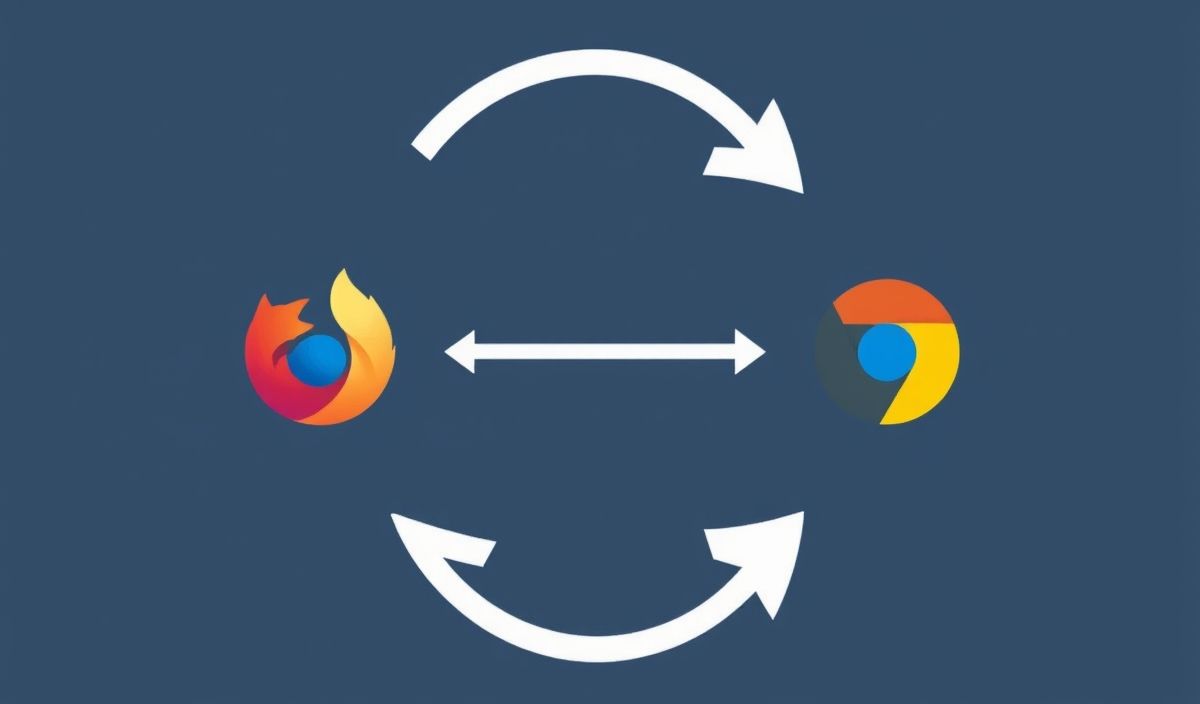Introduction to Jedi Python Development
Jedi is an up-and-coming static analysis tool for Python that enables dynamic code analysis, autocompletion, and refactoring methods. Whether you are a beginner or an experienced Python developer, Jedi is a useful tool for improving your productivity and writing error-free code.
Core Components and Examples
Autocompletion
Autocompletion is an essential feature that helps improve coding speed and accuracy by suggesting possible completions for your current input.
import jedi
source_code = 'import json; json.l'
script = jedi.Script(source_code, 1, len('import json; json.l'), 'example.py')
completions = script.completions()
for completion in completions:
print(completion.name)
# Output: load, loads, ...
Goto Definitions
This feature allows you to navigate your code efficiently, moving straight to function and variable definitions.
source_code = 'import json\njson.loads'
script = jedi.Script(source_code)
definitions = script.goto_definitions()
for definition in definitions:
print(definition.full_name)
# Output: json.loads
Finding References
Jedi can also find all the references of a specific variable or method within your project.
source_code = 'import json\njson.dumps\njson.dumps'
script = jedi.Script(source_code)
usage = script.get_references()
for ref in usage:
print(ref.description)
# Output: import json, json.dumps, json.dumps
Completing Keywords
Besides functions and variables, Jedi can also complete keywords helping you to keep your code syntactically correct.
source_code = 'def func: ret'
script = jedi.Script(source_code)
completions = script.completions()
for completion in completions:
print(completion.name)
# Output: return
Advanced Usage: An Interactive AutoComplete Example with Flask
Here is a more comprehensive example of integrating Jedi with Flask to build an interactive autocomplete feature.
from flask import Flask, request, jsonify
import jedi
app = Flask(__name__)
@app.route('/autocomplete', methods=['POST'])
def autocomplete():
data = request.get_json()
source_code = data.get('source_code', '')
line = int(data.get('line', '1'))
column = int(data.get('column', '0'))
script = jedi.Script(source_code, line, column, 'example.py')
completions = script.completions()
return jsonify([completion.name for completion in completions])
if __name__ == "__main__":
app.run(debug=True)
This will enable a dynamic autocomplete backend that suggests possible code completions based on the current context in the code editor.
Conclusion
Jedi is a powerful tool that can greatly enhance your Python development workflow by providing advanced features like autocompletions, go-to definitions, and finding references. Integrating these features with Flask or other frameworks can offer a much more interactive and user-friendly development environment.
Hash: 17779b11c2c91adc26b5bd225475a49508fcf54569463c9e9577428e0c05ad51




